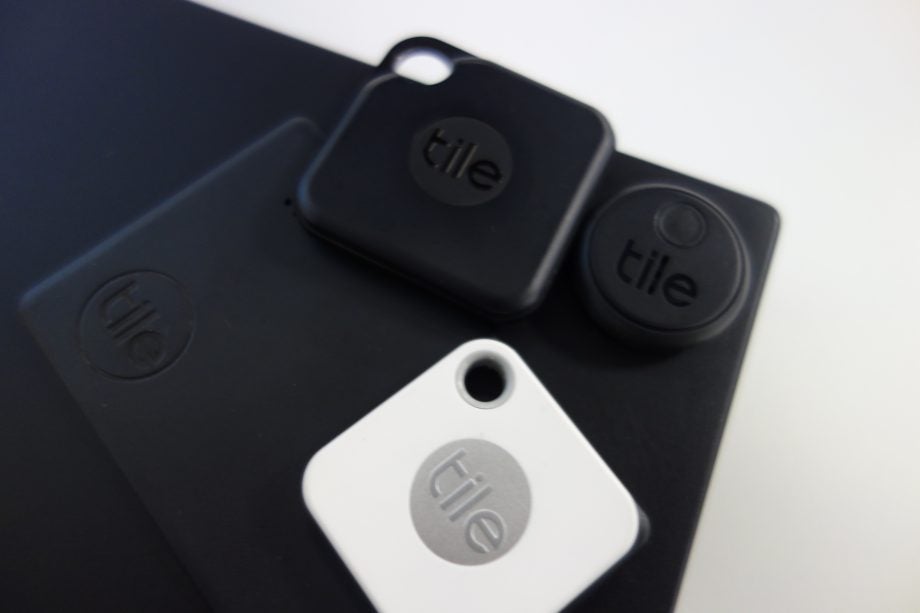Samsung might be working on its own rival to Tile and Apple AirTags

First there was Tile, then Apple AirTags. Now, it seems Samsung could be working on a tracking device of its own based on the SmartThings Find tech.
Twitter user @stufflistings shared an image this week of what appears to be a Samsung “Galaxy Smart Tag” with the product number EI-T5300 passing the Indonesian Telecom certification.
Samsung Galaxy Smart Tag receives the Indonesian Telecom certification.#Samsung pic.twitter.com/TCk4EYc5ql
— Mukul Sharma (@stufflistings) November 30, 2020
While Samsung has yet to confirm exactly what the Smart Tag is, the “Tag” name certainly sounds as though it could be an attachable tracking device.
Read our review of the Tile Pro
It makes sense for Samsung to enter the tracking device scene. Tile’s tracking gadgets have seen massive success and Apple has been rumoured to be working on a rival of its own for some time now.
The certificate also comes just months after Samsung announced SmartThings Find. The feature, which was unveiled during the Galaxy Note 20 launch in August, is designed to help Galaxy device users find their lost smartphones, tablets, smartwatches and earbuds.
As with both Tile and Apple’s Find My app, SmartThings Find lets users see their Samsung devices on a map and call them if it’s within range.
SmartThings Find even has a nifty Tile-like feature that allows users to recruit other Galaxy owners to help locate their device. Users can report devices as lost, allowing any nearby devices that have opted in to alert the server if they pick up the lost device’s signal, and prompt a notification.
Related: Apple AirTag
An attachable or stick-on tracker would allow Samsung to expand its SmartThings Find tech beyond the Galaxy range and onto everyday objects, such as keys, remote controls and bikes.
As noted by SamMobile, Samsung actually released a LTE-enabled tracking device under the SmartThings name two years ago. However, this was before the launch of SmartThings Find and its features.
The Smart Tag rumours are still in their early days, so we don’t know when the tracking device might launch. Apple’s AirTags were initially expected to launch in 2020, but are now expected to be delayed until March 2021.


